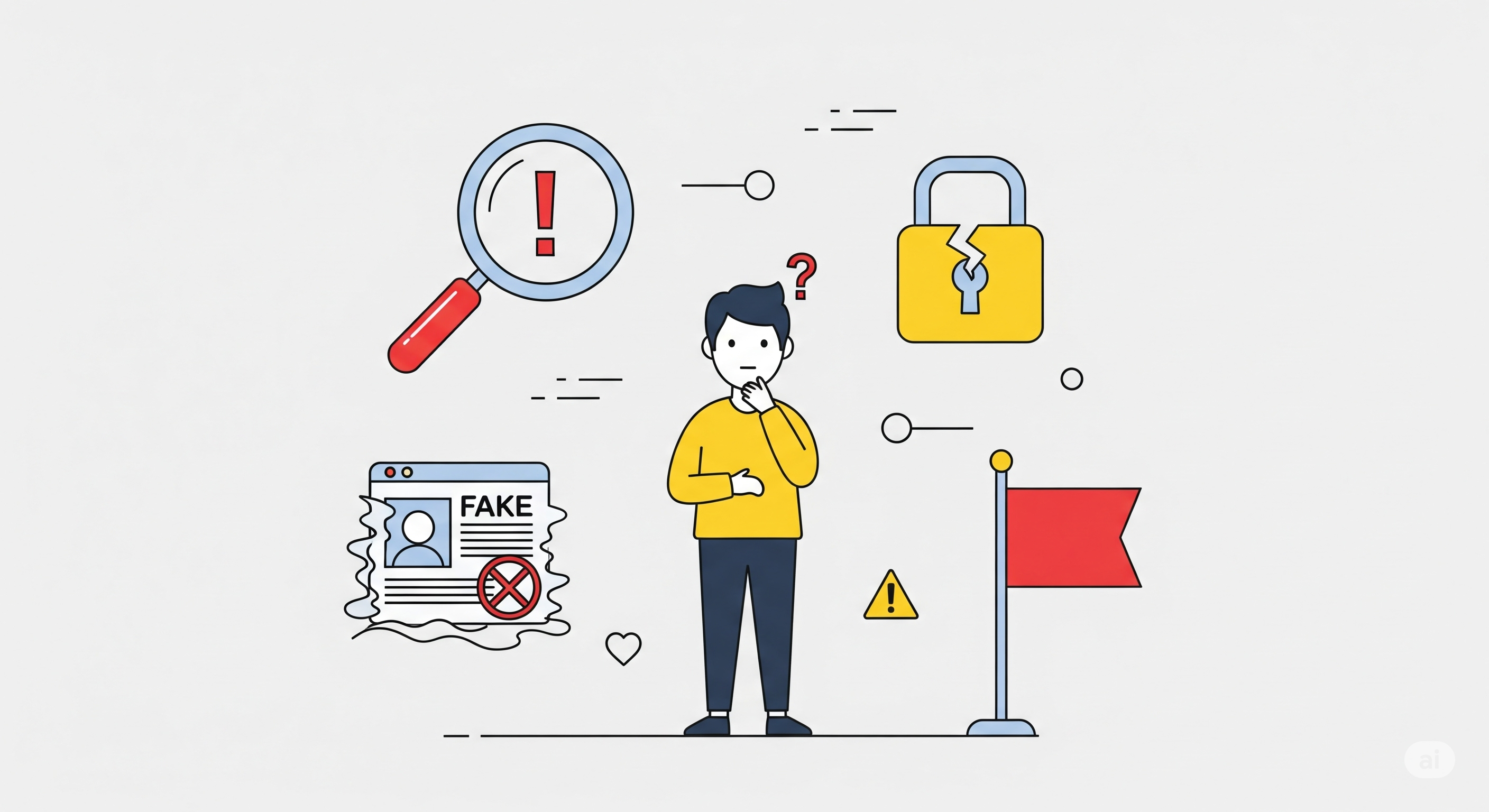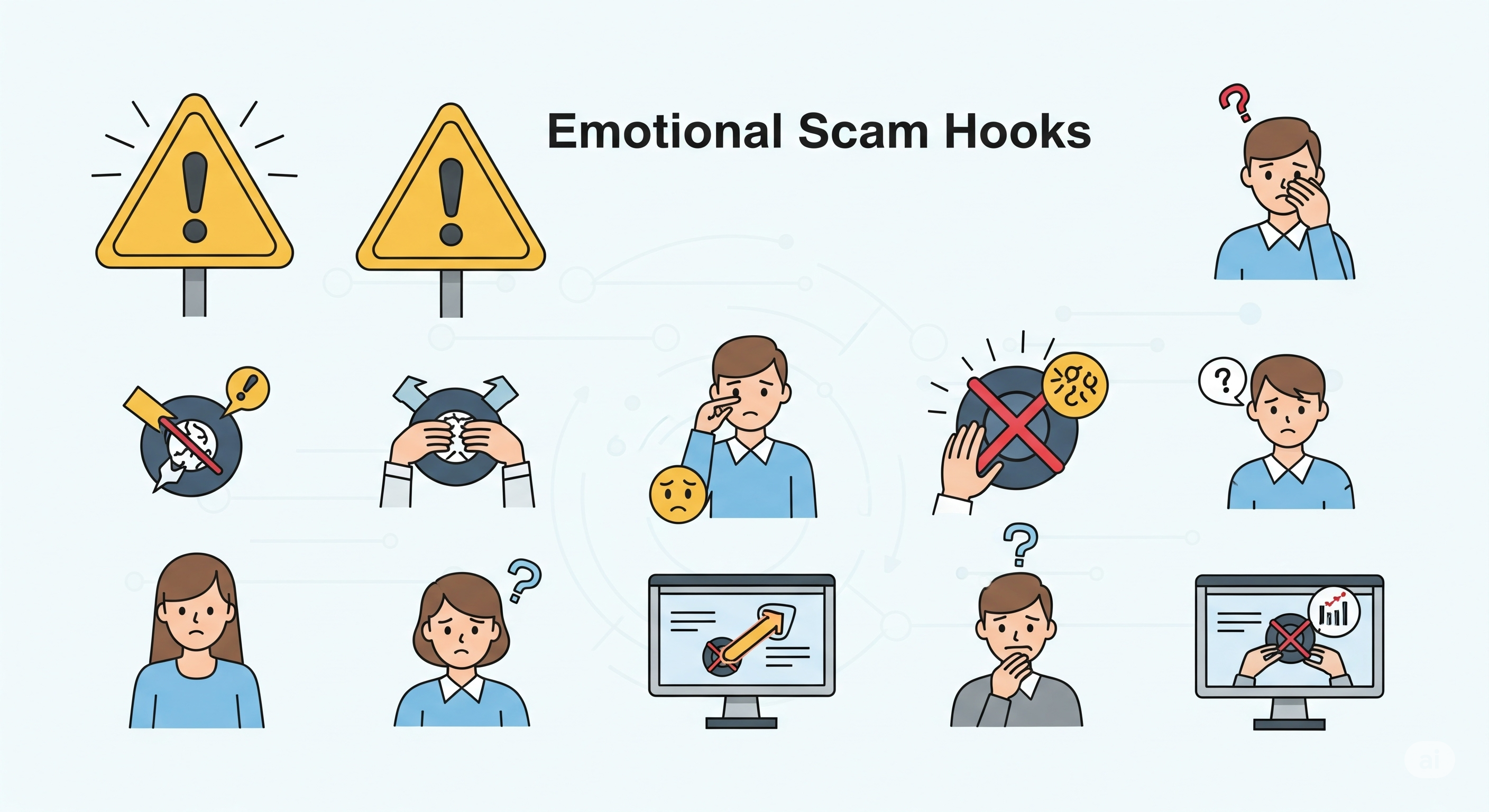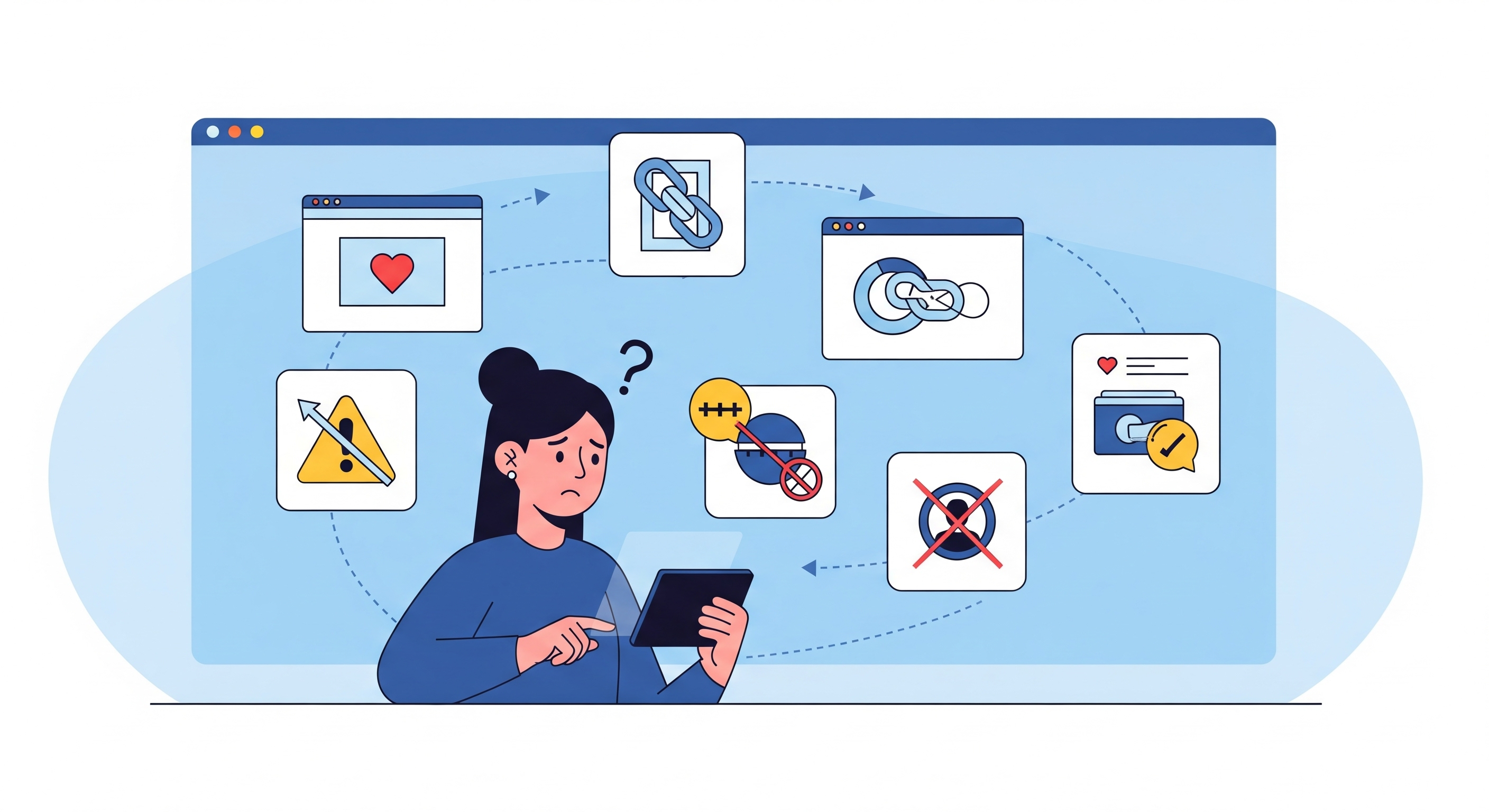Tips & Support
Emotional Scam Hooks
Emotional Scam Hooks
By Admin
Related Topics

Strategic Savings
In today s fast-paced digital world when offers seem too good to be true and impulsive buys are just a......
Read More

10 Red Flags to Spot a Scam Website
Scam websites are becoming smarter all the time in this digital era nbsp What used to be clearly phony websites......
Read More

Uncovering T and C Scams
When we see extensive convoluted Terms amp Conditions T amp Cs most of us just click I agree without thinking......
Read More

Deal Timing Guide
Have you ever purchased anything and then seen it go on sale a few days later nbsp Or hurried into......
Read More

Strategic Savings
In today s fast-paced digital world when offers seem too good to be true and impulsive buys are just a......
Read More
10 Red Flags to Spot a Scam Website
Scam websites are becoming smarter all the time in this digital era nbsp What used to be clearly phony websites......
Read More
Uncovering T and C Scams
When we see extensive convoluted Terms amp Conditions T amp Cs most of us just click I agree without thinking......
Read More
Deal Timing Guide
Have you ever purchased anything and then seen it go on sale a few days later nbsp Or hurried into......
Read More


